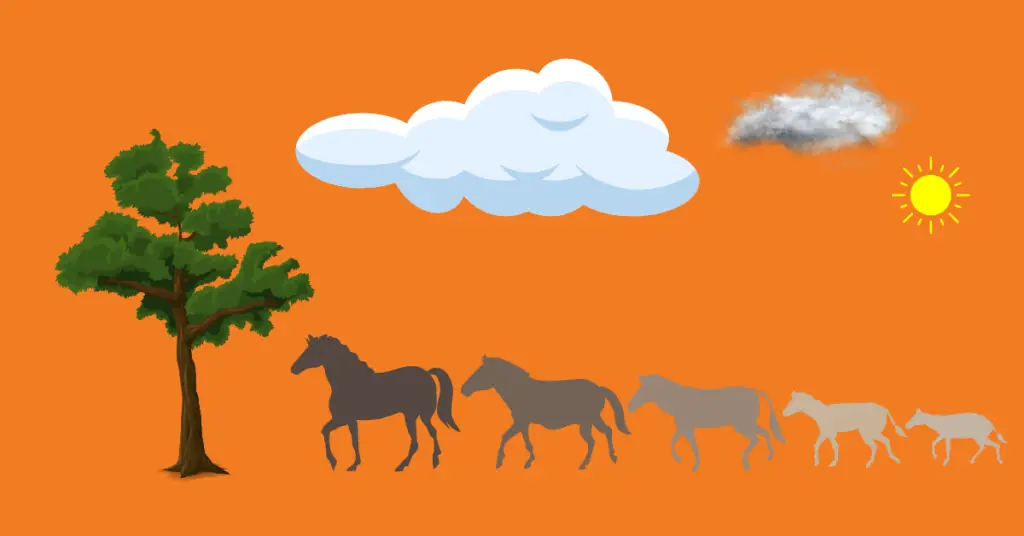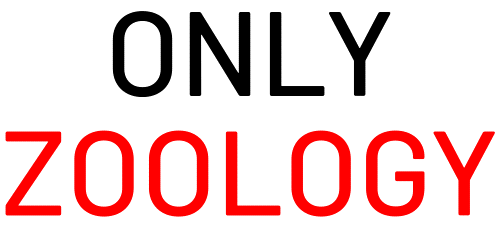Is evolution natural selection?
Evolution and Natural selection are not the same things. Natural selection is one of the mechanisms that drive evolution, while evolution is the process of genetic change over time.
Natural selection is the process by which organisms with certain traits that make them better adapted to their environment outnumber organisms without those traits in terms of survival and reproduction. As a result, traits that aid in survival and reproduction become more prevalent in the population over time.
Genetic drift, gene flow, and mutation are some of the other mechanisms that can drive evolution. Natural selection, while important in shaping evolution, is not the only one.

Is evolution artificial selection?
Evolution cannot be stated as artificial selection. Both are different concepts.
Artificial selection, also known as selective breeding, is the intentional breeding of plants or animals with desirable traits in order to produce offspring with those same traits. Farmers, for example, selectively breed crops to increase yields, and dog breeders selectively breed dogs to have specific physical and behavioural characteristics.
Evolution, on the other hand, is a natural process that takes place without the intervention of humans. Natural selection, genetic drift, gene flow, and mutation, among other mechanisms, drive it. Changes in the genetic makeup of populations over time result in the formation of new species and the diversity of life on Earth.
While artificial selection can influence the course of evolution by selectively breeding organisms with desired traits, it is not the same as evolution itself.
Can evolution occur without natural selection?
Yes, evolution can occur in the absence of natural selection. Natural selection is a driving force in evolution, but it is not the only one. Other evolutionary mechanisms include genetic drift, gene flow, and mutation.
Genetic drift is the occurrence of random changes in the frequency of certain genes within a population as a result of chance events such as genetic mutations, random deaths or births, or changes in environmental conditions.
Gene flow is the movement of genes between populations, which can lead to the spread of specific traits across a larger gene pool.
Mutation is the process by which new genetic variations emerge as a result of changes in DNA.
As a result, even when natural selection is not present in a population, evolution can still take place through these other mechanisms. Natural selection, on the other hand, is a powerful force that can shape the direction and pace of evolution, and it is frequently a major factor in species adaptations and diversification over time.
What is the difference between Darwin’s theory of evolution and natural selection?
Natural selection and Darwin’s theory of evolution are closely related, but they are not the same thing.
Darwin’s theory of evolution, also known as the theory of descent with modification, is a scientific explanation of how living organisms evolved over time and how new species arose from common ancestors. Natural selection, genetic drift, gene flow, and mutation are the mechanisms that drive evolution, according to Darwin’s theory.
Natural selection, on the other hand, is a type of evolutionary mechanism that involves the differential survival and reproduction of individuals with specific heritable traits in a given environment. Natural selection can result in the accumulation of adaptations over time, resulting in the formation of new species and an increase in the diversity of life on Earth.
In other words, Darwin’s theory of evolution provides a comprehensive explanation of how evolution occurs, whereas natural selection is one of the specific mechanisms identified by Darwin as driving the evolutionary process.
It’s important to remember that, while natural selection is important in shaping evolution, it’s not the only one. Other evolutionary mechanisms, such as genetic drift, gene flow, and mutation, can also contribute to Earth’s diversity of life.
Why are the terms natural selection and evolution not synonyms?
Because they refer to different aspects of the process of genetic change over time, the terms “natural selection” and “evolution” are not synonymous.
The process by which species change over time and new species emerge from common ancestors is referred to as evolution. Natural selection, genetic drift, gene flow, and mutation are all mechanisms that contribute to genetic change.
Natural selection, on the other hand, is a type of evolutionary mechanism that explains how certain traits become more or less prevalent in a population over time.
Natural selection occurs when individuals with certain inherited characteristics are better suited to their environment and thus more likely to survive and reproduce. This results in the accumulation of adaptations over time, which can result in the emergence of new species and the diversification of life on Earth.
In other words, while natural selection is a factor in the overall process of evolution, it is not synonymous with evolution itself. While natural selection is a powerful force that can influence the direction and rate of evolution, it is not the only mechanism that drives genetic change over time.
Who proposed evolution through natural selection?
Both Charles Darwin and Alfred Russel Wallace are credited with independently proposing the theory of evolution by natural selection.
In his book “On the Origin of Species,” published in 1859, Charles Darwin developed the theory of evolution through natural selection. Darwin spent years studying and collecting evidence from various fields of science, including geology, biology, and paleontology, and he developed a comprehensive explanation for how living organisms changed over time and how new species arose from common ancestors.
Around the same time as Darwin, Alfred Russel Wallace independently developed a similar theory of evolution through natural selection, and the two scientists corresponded and published their findings jointly in 1858.
Darwin and Wallace’s work together revolutionized biology and provided a scientific explanation for the diversity of life on Earth. Their theory of natural selection evolution remains one of the most important and influential scientific theories of all time.
Is evolution by natural selection a random process Why or why not?
Natural selection evolution is not a random process, though it does involve some elements of chance.
Natural selection is the process by which organisms with advantageous characteristics are more likely to survive and reproduce, passing those characteristics down to their offspring. This means that advantageous traits in a particular environment tend to become more common over time, while disadvantageous traits tend to become less common or disappear entirely.
Natural selection is not random because it acts on existing traits, whereas mutations that create new traits are.
Natural selection favors characteristics that improve an organism’s fitness, or ability to survive and reproduce. As a result, the traits that become more prevalent in a population are not chosen at random, but rather chosen for their ability to improve an organism’s fitness in its environment.
In conclusion, while mutations cause variation, natural selection is a non-random process that acts on existing traits to promote the survival and reproduction of organisms with advantageous traits.
So, Is evolution a random mutation?
Evolution is more than just chance mutation. While mutations contribute to genetic variation, they are not the only force driving evolution. Natural selection, genetic drift, gene flow, and other mechanisms that act on genetic variation caused by mutations are also involved in evolution.
Mutations are unintentional changes in an organism’s DNA sequence that can result in the creation of new genetic variants. Not all mutations, however, are beneficial, and many are neutral or harmful.
Natural selection acts on genetic variation caused by mutations, favoring variants that provide an advantage in a specific environment. This can result in the accumulation of beneficial mutations in a population over time, which can drive evolution.
Other evolutionary mechanisms, such as genetic drift and gene flow, play a role in shaping the genetic makeup of populations in addition to natural selection. Genetic drift is a random process that can alter allele frequencies in a population, particularly in small populations. Individuals or their genes, on the other hand, move from one population to another, resulting in the exchange of genetic variation between populations.
In conclusion, while mutations are a significant source of genetic variation in populations, evolution is more than just random mutation. Natural selection, genetic drift, gene flow, and other mechanisms that act on genetic variation all play a role in evolution.
